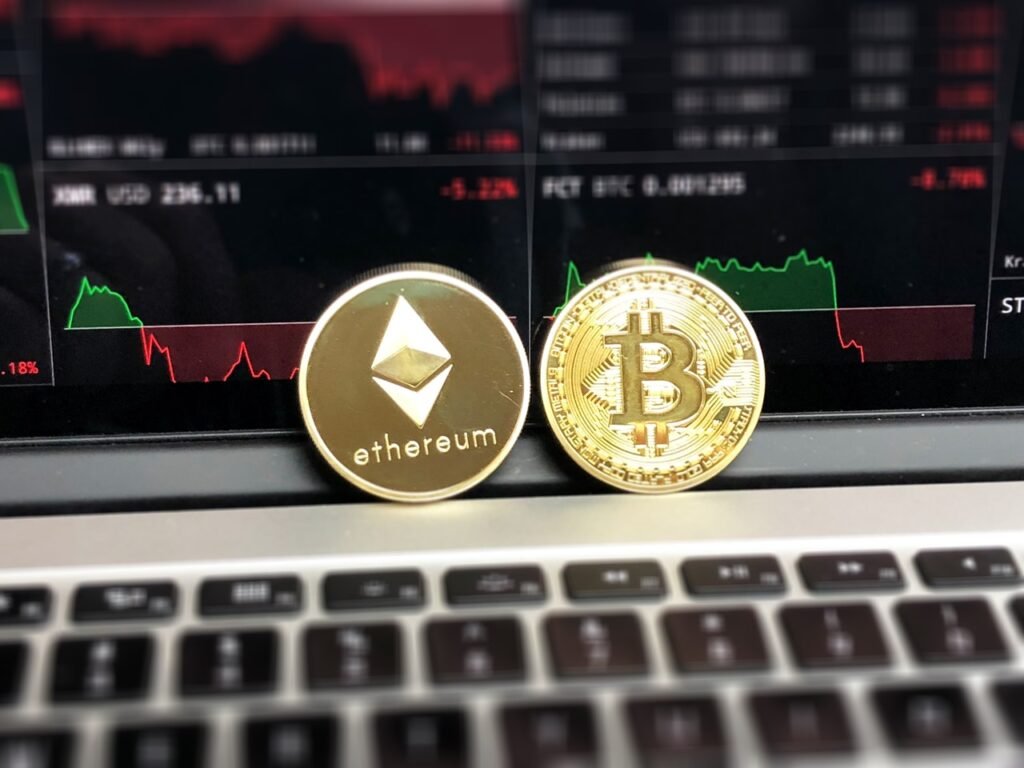China’s State Administration for Market Regulation (SAMR) has preliminarily determined that Nvidia Corp. violated the country’s anti-monopoly law in connection with its $7 billion acquisition of Israeli networking technology firm Mellanox Technologies in 2020.
The announcement, timed amid ongoing high-stakes trade negotiations between Washington and Beijing, signals potential fines and further scrutiny on the US chip giant’s operations in the world’s second-largest economy.
The SAMR’s statement, released Monday, stems from an investigation launched in December 2024 into suspected breaches of antitrust regulations. Regulators specifically flagged Nvidia’s alleged failure to adhere to commitments it made to secure conditional approval for the Mellanox deal five years ago.
While details on the exact nature of the non-compliance remain sparse, the probe highlights concerns over how the merger may have consolidated Nvidia’s dominance in high-performance computing and AI infrastructure—sectors where Mellanox’s InfiniBand networking tech plays a pivotal role in data centers powering graphics processing units (GPUs).
Nvidia, which derives about 13% of its global revenue—roughly $17 billion in the fiscal year ending January 2025—from China, has not publicly responded to the allegations as of press time.
Under China’s anti-monopoly framework, penalties could reach up to 10% of a company’s prior-year sales in the affected market, potentially amounting to billions for the Santa Clara, California-based firm. Nvidia’s shares dipped around 2% in pre-market trading following the news, reflecting investor jitters over regulatory risks in a key growth region.
This development arrives on the heels of US-China trade talks in Madrid, where discussions on semiconductor exports, including Nvidia’s advanced AI chips, are expected to feature prominently.
The timing has fueled speculation that Beijing’s actions could be a retaliatory response to American export controls imposed on high-end chip technologies to Chinese firms, aimed at curbing advancements in AI and military applications.
Just last month, Chinese authorities summoned executives from tech giants like Tencent and ByteDance to scrutinize their purchases of Nvidia’s modified H20 AI chips, citing potential security vulnerabilities such as backdoors.
From SAMR’s Official Word to Global Headlines
The core of this story traces back to an official announcement by China’s SAMR on September 15, 2025, posted on its website and state media channels.
This regulatory body, tasked with enforcing competition laws, initiated the probe last December amid broader US restrictions on chip sales to China, framing it as a routine antitrust review but widely viewed as geopolitical posturing.
Early whispers of the investigation appeared in specialized tech outlets like The Information, which first briefed on the Mellanox-related suspicions in a paywalled article earlier today, drawing directly from SAMR’s preliminary findings.
While major wire services such as Reuters and CNBC quickly amplified the news with on-the-ground reporting from Beijing, the original SAMR disclosure provides the unvarnished regulatory language—emphasizing “suspected violations of merger commitments” without the dramatic trade-war spin seen in Western coverage. State-run outlets like Xinhua echoed the announcement almost verbatim, underscoring its domestic focus on market fairness rather than international saber-rattling.
What Broader Coverage May Have Overlooked
Much of the initial media frenzy has zeroed in on the immediate stock impact and trade-talk drama, but several nuances risk being glossed over. For one, the “preliminary” label means this is not a final ruling—Nvidia has opportunities to contest or negotiate remedies, potentially averting steep fines through concessions like divestitures or renewed commitments on technology sharing.
Unlike blanket bans on US chips, this targets a specific historical deal, which could limit broader disruptions to Nvidia’s current China sales.
This could invite deeper SAMR scrutiny on pricing or bundling practices that weren’t fully aired in 2020 approvals. Coverage also underplays the H20 chip angle; beyond the August summons, Beijing has quietly pushed domestic alternatives, accelerating Huawei’s Ascend chips as a Nvidia workaround—a shift that could erode the US firm’s market share faster than fines alone.
As investigations continue, this case exemplifies the weaponization of antitrust in the US-China tech cold war. Nvidia, already navigating export hurdles, may need to bolster compliance teams in Beijing to safeguard its foothold in the AI race.























